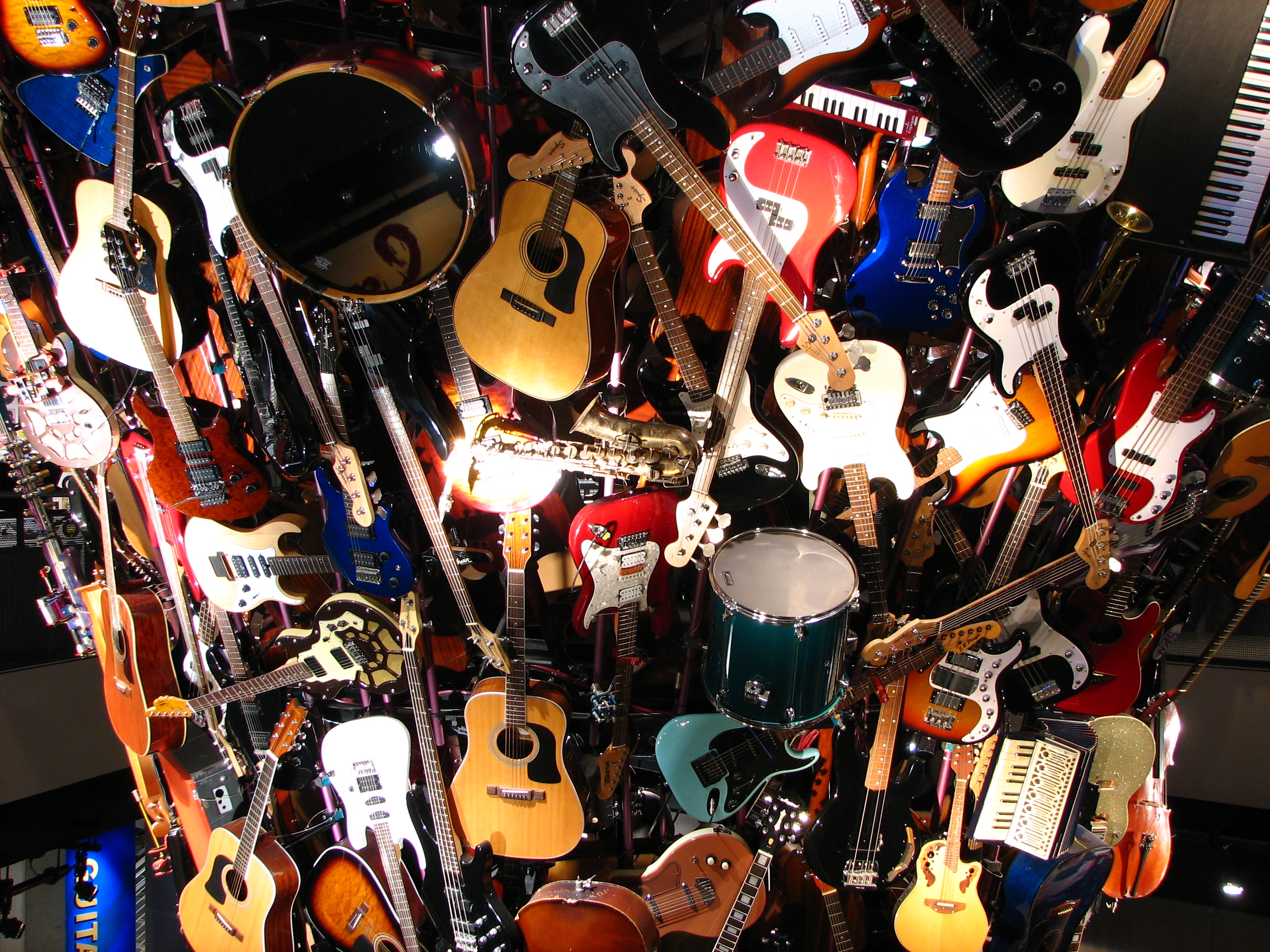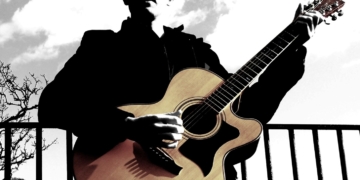Most people, at some point in their lives, think “I wish I could play an instrument” or “I wish I was musically talented”. Well the truth is, you can be! All it takes is a bit of time and the will to learn. But where do you start?
// Choosing an instrument
If you already know what instrument you want to play, go for it! But if you’re not sure yet, consider the cost of the instrument, availability of teachers and how quickly the instrument can be learnt. For example, basic elements of learning the guitar or piano can be learnt quite quickly, but for an instrument like the violin or cello, it takes a bit more time. Think about the type of music you like listening to or would like to play and pick an instrument in that genre. Is budget a constraint? Some instruments are more expensive than others and are costly to maintain.
// Buying an instrument
There are so many options for purchasing an instrument in stores and online. As a first time buyer, you may want to visit a music shop that can give you good advice on a starter instrument. It can be tempting to jump in and buy an expensive instrument, but keep in mind that once you start learning, you could change your mind about the instrument and want to try something new. Some music shops offer an instrument hire service, which is a great way to try an instrument out.
Do your research on brands that produce quality instruments. Try to find people you know who have experience with the instrument and ask for their recommendations. Ask music teachers and other musicians for their advice. Online reviews are also a great resource.
// Finding a teacher
There are many benefits to having an instrumental teacher. You will be taught the correct techniques and have one-one advice on your playing. It may also give you motivation to show your teacher you have progressed in the next lesson. If you want a teacher, your first stop should be to ask friends if they have any musical contacts. Musicians usually know a lot of other musicians and can usually point you in the right direction. Check local music shops for notice boards, your local paper or websites like Gumtree. Ultimately, you want to find a teacher on a recommendation if you can. Your local college or school may be able to recommend tutors or some websites are dedicated to finding music teachers. For example, Music Teachers
// Using Online resources
The internet has opened up a whole new world in music education. You can find Youtube videos, sheet music, instructional websites and forums where you can chat to other musicians. The internet is a great resource to supplement your learning or to teach yourself from scratch. The BBC website has some ideas as a starting point. Check out the BBC Learning Music Online page as a starting point.

// Funding Opportunities
Cost may be a factor when deciding to learn an instrument. Lessons can be expensive, but if you are a beginner, there are many cheaper options for lessons by university students or young teachers, just search for ” private guitar lessons near me “. As you progress, you may want to seek out more experienced and advanced teachers. The Arts Council of Northern Ireland operate a scheme to help you purchase an instrument. The “Take It Away” scheme is open to residents in Northern Ireland and allows you to spread the cost of your instrument in the form of an interest free loan. It is also possible to use the scheme to purchase instrumental lessons if the authorised store provides this service.
// Exams
Many teachers will help you work towards your graded exams – if this is what you want. This is an opportunity to gain qualifications on your instrument as you learn to play. There are advantages to this, but you will be restricted to the types of music you learn according to the exam criteria. You will also have to work on scales, sight reading and aural skills. These are very valuable skills, but be sure this is what you want before deciding to go down this route. Similarly, do you want to learn to read music or to play by ear? This may influence your choice of music teacher. Some teachers may only work off written music, while others may not use it at all.
// Practice
Practice makes perfect. And this is completely true when learning an instrument. Sometimes it can be frustrating when you get things wrong, but if you practice the difficult bits, you will become a better player. It is up to you how much time you can devote to learning your instrument. If you have a weekly lesson, you will probably need to play every day. Be honest with yourself and your teacher with how much time you can devote to it. If you’re realistic about your commitment, you will feel less pressurised.
// Collaborate
Learning an instrument can be a lonely old task, so it’s great to find other musicians at your level to play with and have a bit of fun. Sometimes working with others can keep you on your toes and make you try harder.
// Have Fun
Playing a musical instrument is meant to be enjoyable. Don’t pressure yourself into being brilliant right away. Don’t try to learn something too complicated too quickly. This will affect your motivation and confidence. Play musical styles that you enjoy and listen to artists that inspire you.








